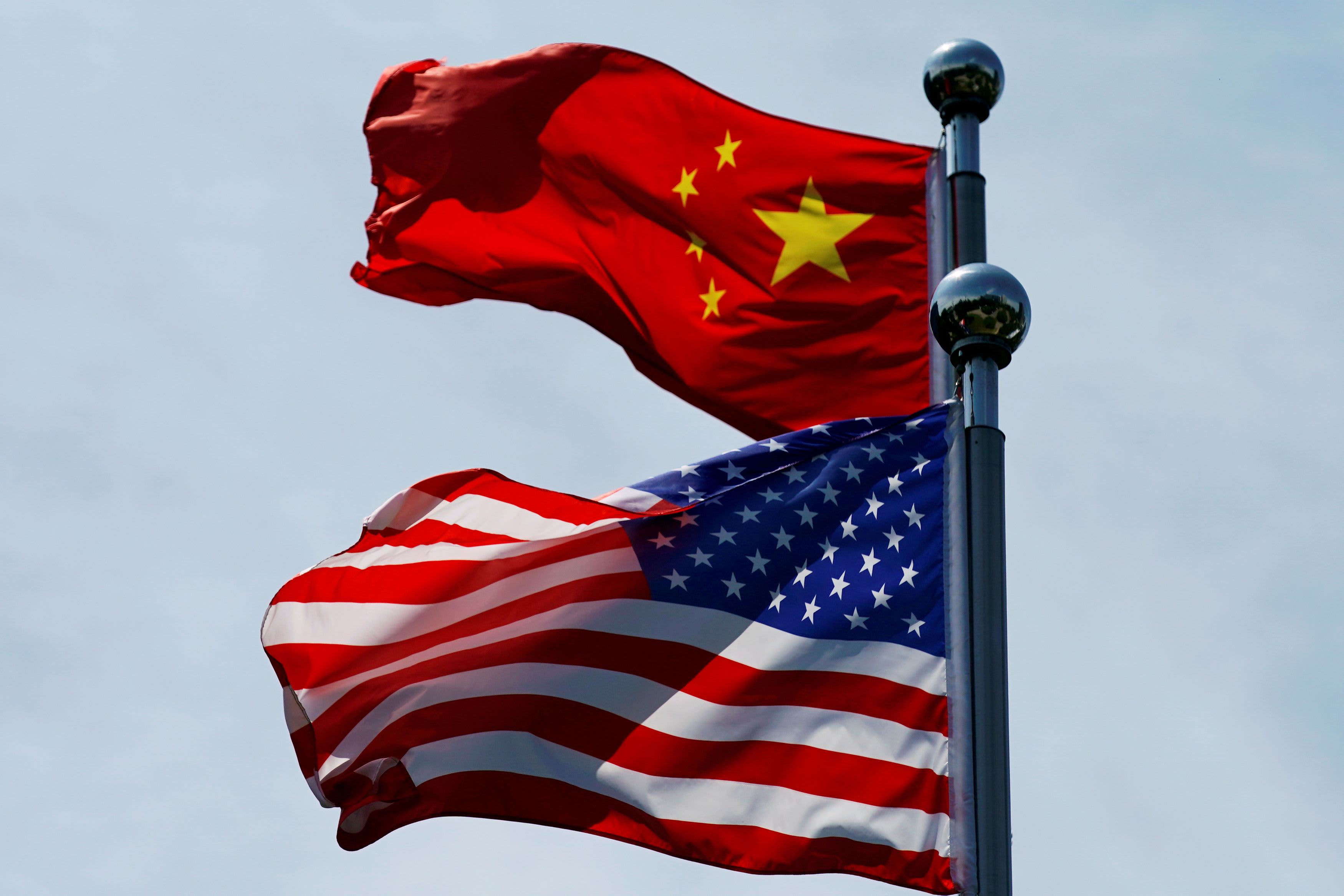China to impose 34% retaliatory tariff on all goods imported from the U.S.

China Imposes Heavy Tariffs on U.S. Goods in Retaliation
In a significant escalation of trade tensions, China’s Finance Ministry announced on Friday that it will impose a 34% tariff on all goods imported from the U.S. starting April 10. This move comes as a direct response to the U.S. administration’s recent decision to increase tariffs on Chinese imports, which now total 54%.
U.S. and Global Markets React Negatively
The announcement had an immediate negative impact on financial markets. U.S. stock futures and European markets experienced sharp declines, signaling investor concerns over the escalating trade war between the two economic powerhouses.
Details of China’s Tariff Implementation
The Chinese government has expressed its disapproval of the U.S.’s tariff strategy, labeling it as “inconsistent with international trade rules” and detrimental to global economic stability and supply chain security. In retaliation, besides the new tariffs, China has also targeted U.S. companies by adding several to its “unreliable entities list” and imposing export controls on critical materials like rare earths.
Beijing’s Stance on Trade Negotiations
China has called on the United States to “immediately cancel its unilateral tariff measures” and to resolve differences through respectful and mutually beneficial consultations. This plea comes amidst worsening trade relations, which had already been strained under the Trump administration.
Impact on Global Trade and Economy
|
The mutual tariffs between the U.S. and China are poised to affect a trade relationship that was projected to encompass $582.4 billion in goods by 2024. Analysts predict that these protectionist policies may push China to seek other trading partners and adopt additional economic stimulus measures, especially in light of its ongoing internal economic challenges.
Market Reactions and Future Outlook
Following China’s tariff announcement, major U.S. market indices saw significant drops. The Dow Jones Industrial Average fell by 900 points, a 2.2% decrease, while the S&P 500 and Nasdaq 100 also saw declines of 2.3% and 2.6%, respectively. European stocks were similarly affected, with the Stoxx 600 index dropping by 4.5%.
The escalating trade conflict is expected to continue affecting global economic conditions, with potential long-term impacts on inflation, recession risks, and overall economic growth.









No Comments